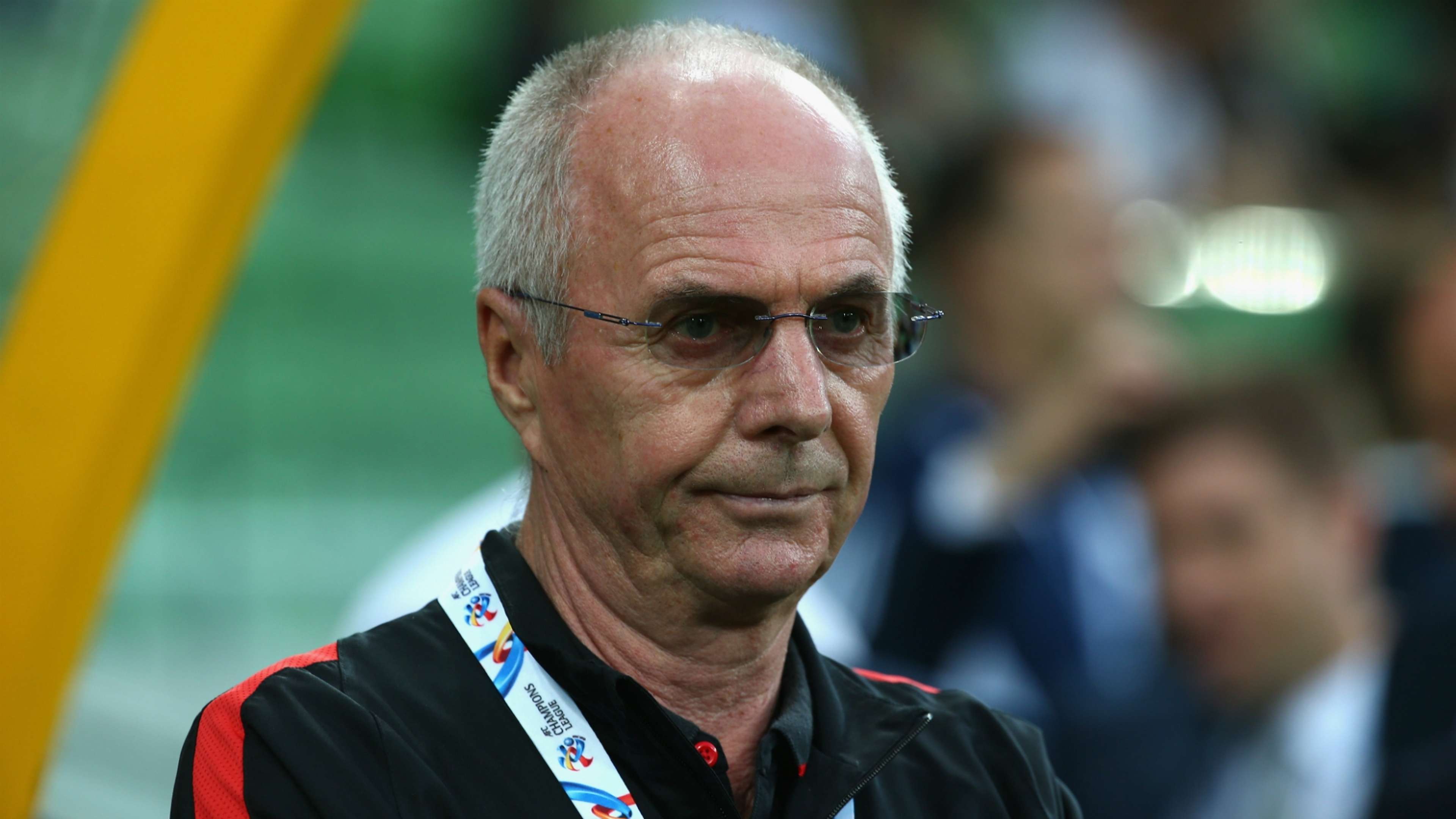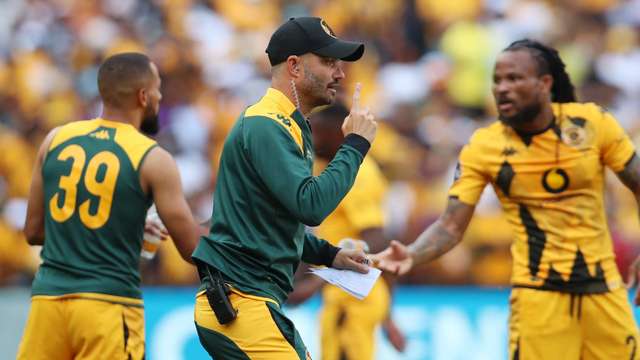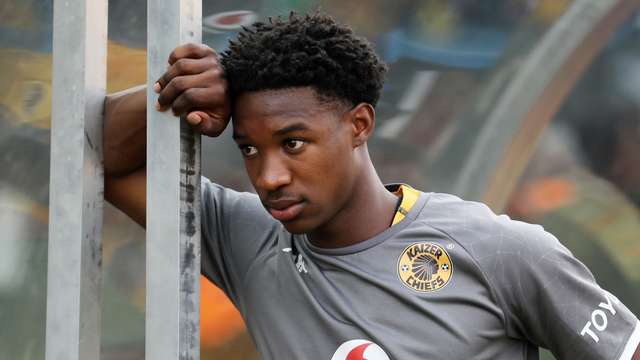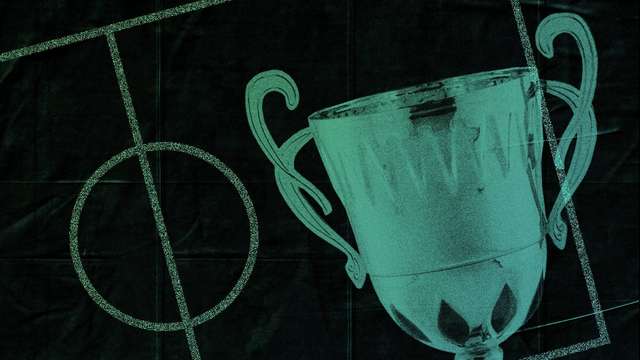On Friday the Philippines dropped to 0-2 in the AFC Asian Cup, bowing to China 3-0. The result came days after an encouraging 0-1 loss to South Korea.
At the helm of the Azkals is veteran Swedish coach Sven Goran Eriksson, previously coach of England , and of several high-profile club sides in Europe. It was considered a coup that the Philippines, ranked 116th in the world, was able to snag the celebrated mentor. But is he the answer to take the team higher, or will other matters need to be settled also?
Eriksson joined the side just before the AFF Suzuki Cup in November. The 70-year old came in after former England Skipper Terry Butcher took the job then abruptly quit without even running a training session.
The Philippines put up a very respectable display in the AFF Suzuki Cup, reaching the semifinals, coming out of a tough group that included Singapore, Thailand, Timor Leste and Indonesia. They drew Thailand at home and Indonesia away and beat Singapore at home. They defeated Timor Leste in Malaysia but only just, by a 3-2 scoreline.
The Azkals lost to Vietnam in the semis 4-2 on aggregate, but the two Philippine goals were the first ever scored by the Azkals in four tries at this stage of the competition.
During the Suzuki Cup Eriksson gave credit to his top assistant, Scott Cooper, who ran the team after Butcher quit and before the Swede took over. It appears that the Azkals were largely playing Cooper's system during the South East Asian championship.
The AFC Asian Cup squad, however, Eriksson can likely call his own, since he had already coached six games for the Philippines before the competition.
The positive vibes after a resolute performance against the Koreans have somewhat disappeared after they lost to the Chinese, thanks in large part to two goals from their sensational striker, Wu Lei.
Eriksson has coached in China and knows many of their players well. Perhaps that is why he made changes to the lineup before the China game, withdrawing Manny Ott, replacing him with Carlie De Murga, and shifting Stephan Schrock from right back to left wing. Luke Woodland was also transferred from central defense to right back. In both games he employed a defensive 5-4-1 formation.
But the team was unable to make the tactical moves pay off as Wu Lei was left unmarked on both of his goals.
Digging deeper, there are deep-seated issues that hold back the Philippines. The first is a dearth of young quality centerbacks.
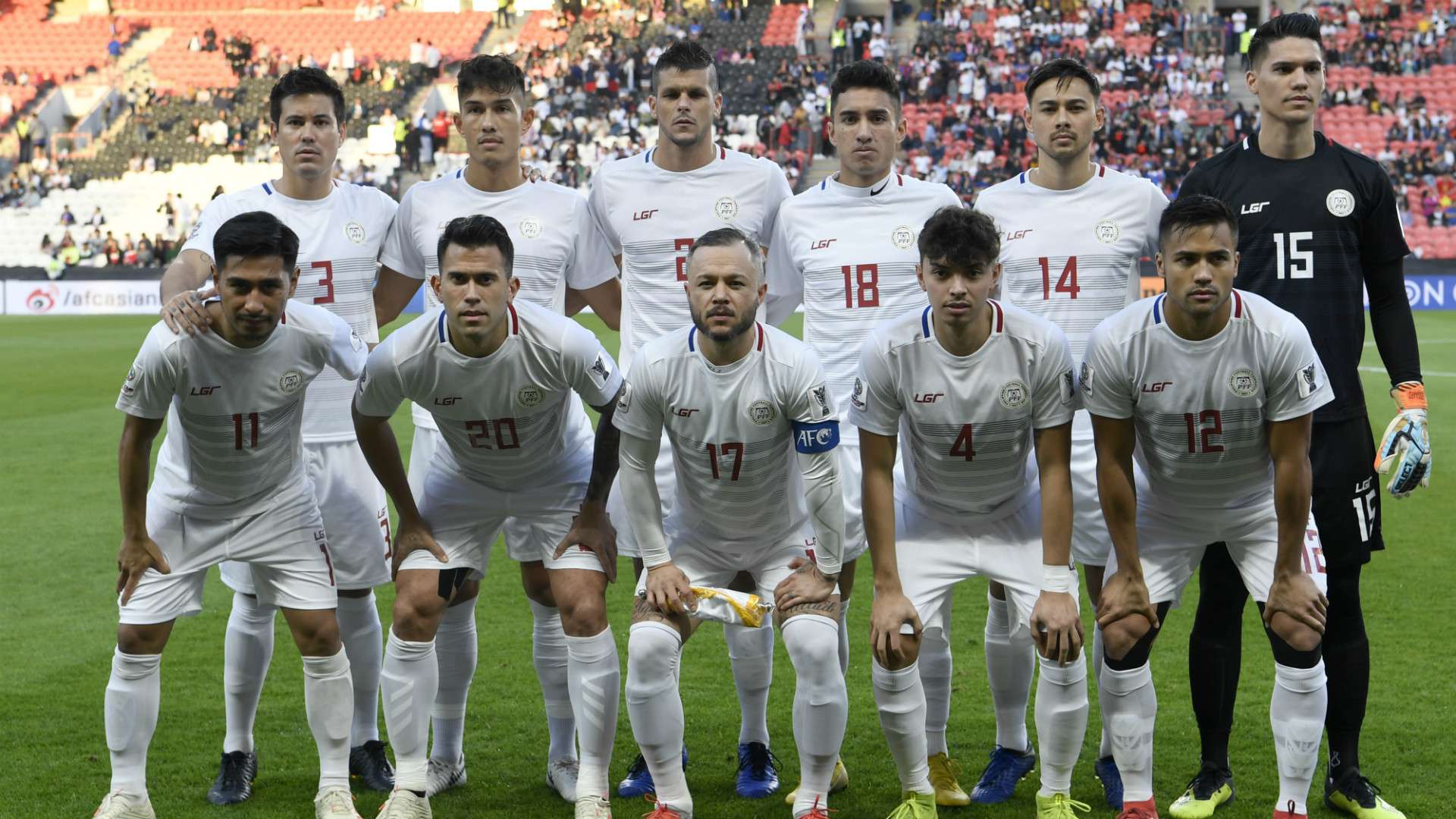 getty Images
getty Images
In Asian Cup qualifying Dennis Villanueva was deployed at center back. He is really a central midfielder raised in Italy, born from two Filipino parents.
During the Suzuki Cup Luke Woodland, another converted midfielder, started at centerback but was injured, coming in his place was Paul Mulders, a Netherlands-born Filipino who is also an attacking midfielder by trade.
Mulders was decent against Singapore in the narrow 1-0 win but struggled in the same position against Timor Leste. He never played centerback again for the Azkals.
Against Korea and China Eriksson used Stephan Palla as one of the three centerbacks. Solid against Korea, the Austrian-born Palla was out of position when Wu Lei scored his first goal. Palla is really a left back.
De Murga was also played at centerback, and he has plenty of experience with the position, having been at central defense when the team clinched their AFC Asian Cup berth last March against Tajikistan. But he too is a convert to centerback, having played a lot of his early club career at right back or midfielder.
Alvaro Silva, born in Spain, is indeed a true centerback and has been magnificent in both competitions. But at the age of 34, he cannot be considered the Philippines's option for the future.
Only Amani Aguinaldo, 23, is a proper centerback with both youth and international experience. Eriksson has used him once in the last two months, in the second leg of the Suzuki Cup semis, which they lost to Vietnam.
The Philippines sources players from all over their sizable diaspora. Numerous quality European and American-bred players, and some from Japan, have contributed to the side. There have been strikers and wingers and mids and goalies, but for some reason there have been precious few young centerbacks. Josh Grommen, a Fil-Aussie, is an outlier. He has yet to be capped.
There are young homegrown central defenders like Marco Casambre, (one cap against Thailand in the 2016 Suzuki Cup,) and Ian Clarino, who played in the Bagabandhu Cup for the Azkals. But neither was picked for this squad.
Going forward the Philippines must produce a decent crop of young centerbacks who can play for the Azkals. The current situation, a revolving door featuring many converts from other positions, is not sustainable in the long run.
The other main issue is the uncertain state of Philippine club football.
In 2016 the former top tier, the United Football League, played its last match. A year later it was replaced by the Philippines Football League, with 8 clubs. Ceres Negros won the inaugural title.
But before the 2018 season could begin, FC Meralco Manila, one of the stronger sides, folded along with last-place Ilocos United. The 2018 season ran with just six teams and no TV contract.
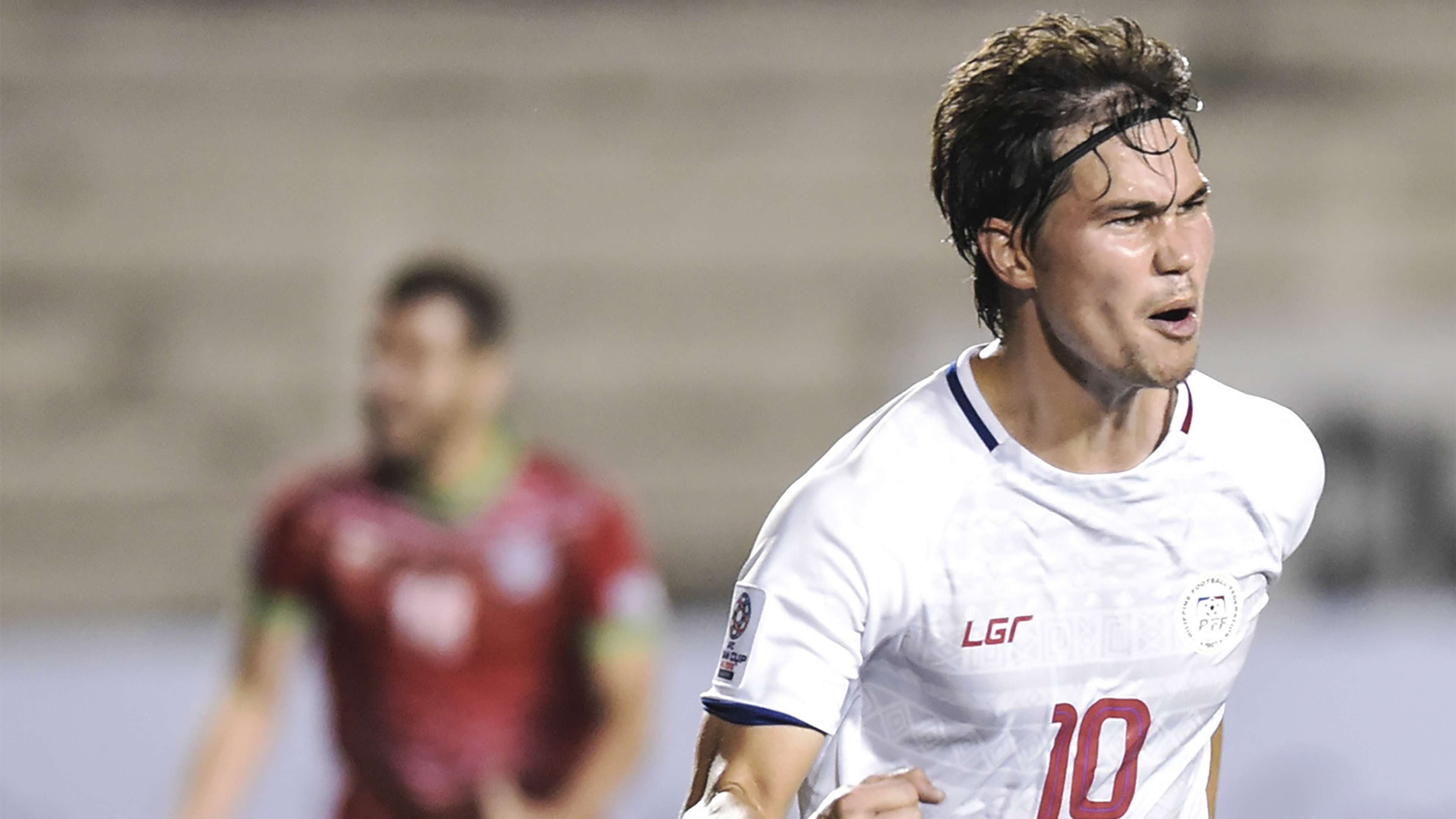 Getty
Getty
A few weeks ago some shocking news exploded upon the Philippine football firmament: Davao Aguilas FC was also calling it quits. The club, considered to be one of the wealthier sides after buying the Younghusband brothers from Meralco in 2017, was dead after just two seasons.
Another club, JPV Marikina, has not made an official announcement, but it is widely believed that they are no longer participating in this year's league. Meanwhile Global Cebu FC has been rocked with allegations from former players that salaries have not been paid, dating back to several months.
A new entity, the Philippine Premier League, is set to replace the PFL, with new management led by Thailand-based Filipino businessman Bernard Sumayao.
Contrast this scene with China's club football league, a wealthy, multi-tier, behemoth featuring expensive players from all over the globe. Even some stars like Hulk have played there or are playing there while still being in their prime.
The Chinese Super League's best teams play in the AFC Champions League, while the Philippines sends teams to the lower-tier AFC Cup.
If the Philippines is to sustain its remarkable rise in the football world then it must have a strong and viable local league. A high-level league with lots of clubs in theory raises the standard within the national team pool and leaves the country less reliant on players based abroad. A league with just six teams would really struggle to keep players razor-sharp.
Of the 11 starters against China, only four played in the PFL last year, Stephan Schrock, Kevin Ingreso, De Murga, and Patrick Reichelt. The rest play in leagues in either Europe or South East Asia. Fortunately it seems all are getting time off from their clubs to play for the Philippines now.
It was a different situation in the AFF Suzuki Cup when there were several players who had to leave the tournament midway because of club duties. Neil Etheridge, Stephan Palla, Patrick Strauss, Daisuke Sato, all departed before the tournament could finish. The FIFA international window only covered the first two group games. This forced the coach to change his lineup as the players left.
Thailand were unable to field keeper Kawin Thamsatchanan, midfielder Chanathip Songkrasin, and striker Teerasil Dangda because of club commitments. But without those three key players they were still just one made penalty kick away from reaching the final. (They lost in the semis when Adisak Kraisorn ballooned a penalty over the bar at the death that would have sealed qualification.)
Had the Philippines a league as vibrant and strong as China, it might have been a different story than the 3-0 loss. Even without key overseas-born players, they might have competed better.
The Philippines still has one more chance at progression to the next round: win decisively against Kyrgyzstan on Wednesday and hope that other results give them a berth as one of the top four third-placers.
Sven Goran Eriksson must think of the perfect tactical plan that day. But for the long-term, tackling other problems aside from Xs and Os are paramount for his team to continue improving.
